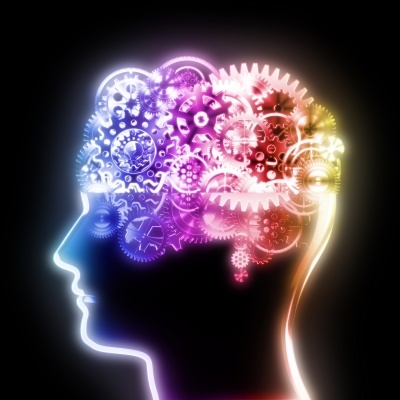Mental health is essential to a person’s overall ability to function on a day to day basis. Many people suffer with mental health issues that can truly interfere with the person’s ability to live their life. As a person ages, memory is a common issue. If a person struggles with a mood disorder, doing even simply daily activities can seem as difficult as climbing Mount Everest. Those who suffer with anxiety tend to be held back from activities they would normally take part in, all due to the anxiety they feel. In each of these circumstances, the person doesn’t have the ability to independently function and complete tasks as efficiently as they truly could. Neurofeedback helps you gain back that independence so you can go about your day with ease knowing you will be able to accomplish all that you need to each day.
April is Autism Awareness Month, a time dedicated to raising awareness of autistic spectrum disorders in a continued effort to improve the quality of life for those struggling. Nationally, a puzzle piece is known to be a symbol for autism awareness because each puzzle piece is different, representing the diversity of the individuals affected, just as each individual case of autism is unique. The reason for classifying autism within the autistic spectrum is because every individual may have a variety of symptoms while simultaneously lacking other symptoms that are commonly associated with autism. In fact, sometimes autism can be difficult to fully identify for this reason.
In 2013, new diagnostic criteria were developed to identify autism within three levels of support. However, there are no particular criteria that would automatically assign someone to a level as each case varies greatly. The term “high-functioning autism” refers to a person who may have mild symptoms of autism that are significant enough to warrant a diagnosis, yet who’s symptoms do not completely align with classic autism. This makes pinning down a diagnosis difficult at times. The diagnosis of Level 1 Autism Spectrum Disorder refers to those who are functional yet exhibit symptoms of autism.
In the United States today, eating disorders have become more and more prevalent, affecting about 20 million women and 10 million men. One of the most commonly seen eating disorders is bulimia, characterized by frequent episodes of consuming large amounts of food followed by behaviors to prohibit weight gain, including vomiting and the use of laxatives. During episodes of binge eating, suffers often report feeling a loss of control. Although men do also suffer from bulimia, women are more commonly diagnosed, accounting for 80% of cases. Up to 4% of women will have bulimia in their lifetime that is considered clinically significant, and 3.9% will die from the disorder.
For many children, getting through math classes and homework assignments is a daily struggle. No matter how hard the child tries to study, math still does not come easily. Many adults deal with the same issue. Despite years of math classes and exams in the past, many adults still have difficulty doing basic math problems, which can affect day-to-day life and create feelings of embarrassment. These difficulties may be due to a learning disability called dyscalculia, a brain-based condition where a person has trouble processing numbers and math-related concepts.
Nutrition impacts how well the brain functions on a day-to-day basis. Some foods will make your brain work wonderfully, contributing to a person’s good mood and ultimately productivity. If you have a case of the blues or you struggle with a mood disorder, the importance of a well-balanced, nutrient dense diet can not be underestimated. Try adding these five foods to your diet to improve overall mood!









